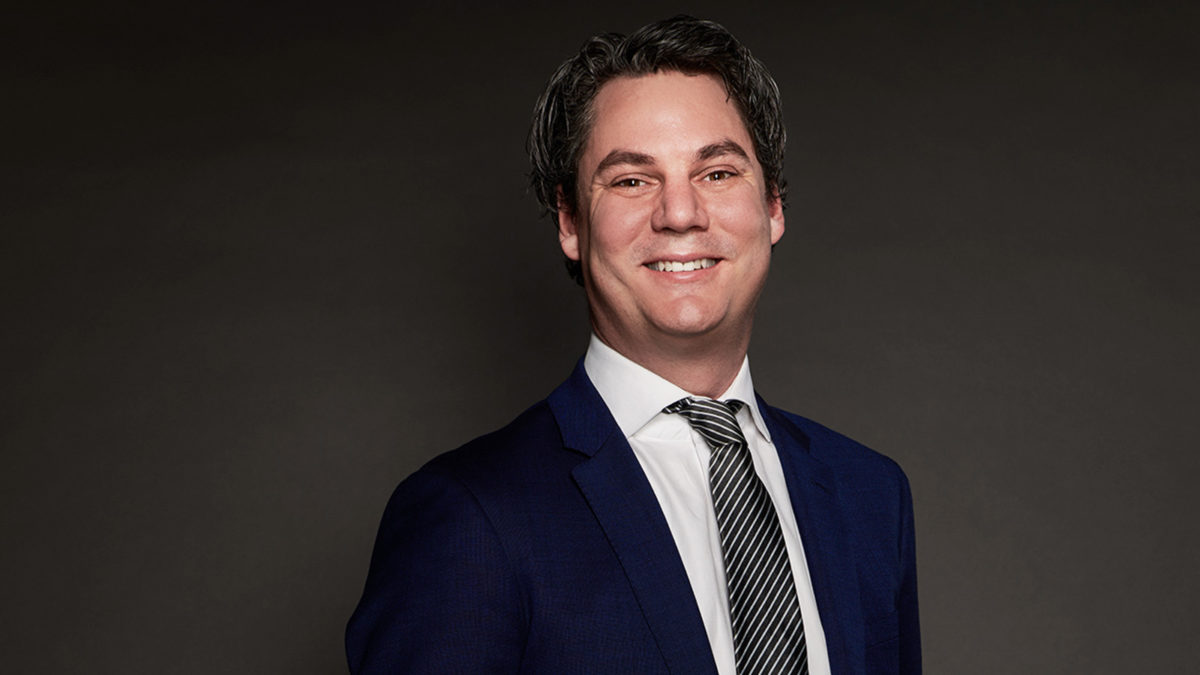Time for different opinions on market direction
The last few months in markets have been characterized by wild volatility as inflation and interest rates creep higher, with investors uncertain about where monetary policy will finally settle.
But the Fed’s 75 basis point hike, while unexpected, has essentially shocked investors into understanding exactly what must be done – and that will ultimately create a more stable environment.
“I think markets are starting to recalibrate more to what it actually means to bring this back down.
What I’m hoping for is that they will now also start to price in a more diverse set of scenarios for the future, as to what it means to bring down inflation, what it means for the growth outlook,” said Wouter Sturkenboom, chief investment strategist for EMEA and APAC at Northern Trust.
“And I think if we get a more diverse set of opinions on those topics, I actually think markets will trade more healthily; there’ll be more of a bid/ask on both sides of the equation.”
And Sturkenboom believes that the fear of inflation becoming embedded in the global economy will soon dissipate. That doesn’t mean we’ve seen the bottom; it just means that markets won’t swing from “left to right” as hard as they have over the last few months.
“I think it’s time that people have very different opinions on the probability of recession, and how high the Fed will actually have to go. That’s really important, because those differences of opinion allow markets to trade efficiently. I think that’s why they reacted so positively to (the Fed’s 75 basis point) rise; they want to refocus on that.”
But while the money-fueled tech bubble has either popped or had a lot of air let out of it, the broad thematics that inflated it in the first place aren’t going anywhere. Northern Trust has been “circumspect” on their assessment of the future direction of markets, differentiating between profitable and unprofitable tech companies as they try to determine what will survive.
“In terms of the feedback leap of slightly higher structural inflation and slightly lower structural growth, that should be a good environment for profitable tech,” Sturkenboom said. “We still think the Apples of the world are positioned to do well. The part that was driven so much by market beliefs about future growth, that’s the part we think will be more challenged.”
“But the way that growth had been winning – we don’t think that’s coming back in a hurry. In fact, for now at least – as long as we don’t go into recession – value should have a bit of a runway here, especially with energy providing a tailwind.”
Still, value only has the upper hand on a 12-18 month basis. On a five year horizon, it’s going to be much closer – profitable tech companies have embedded growth rates that make them “simply superior” to a large part of the value spectrum. Labor markets are also tightening on a long-term demographic basis, and the quest for automation and the quest for capital investment to reduce the share of labor in production processes will speed up – a general tailwind for tech, and something that Northern Trust is optimistic on.
But on geopolitics, Sturkenboom is more sanguine.
“The geopolitical risks – Taiwan, escalation in Ukraine – are potentially very concerning events which we can talk about for hours, but they are very hard to implement in your asset allocation in a practical sense, unless you have very specific tail-risk hedging tools at your disposal,” Sturkenboom said.
“But my big worry is very simple – growth is going to slow down, and if inflation is going to be stickier than expected, central banks will feel forced to keep rising aggressively into what will essentially be a recession. That would equate to a very difficult investment environment – that’s when multi-asset investors go through the wringer.”











